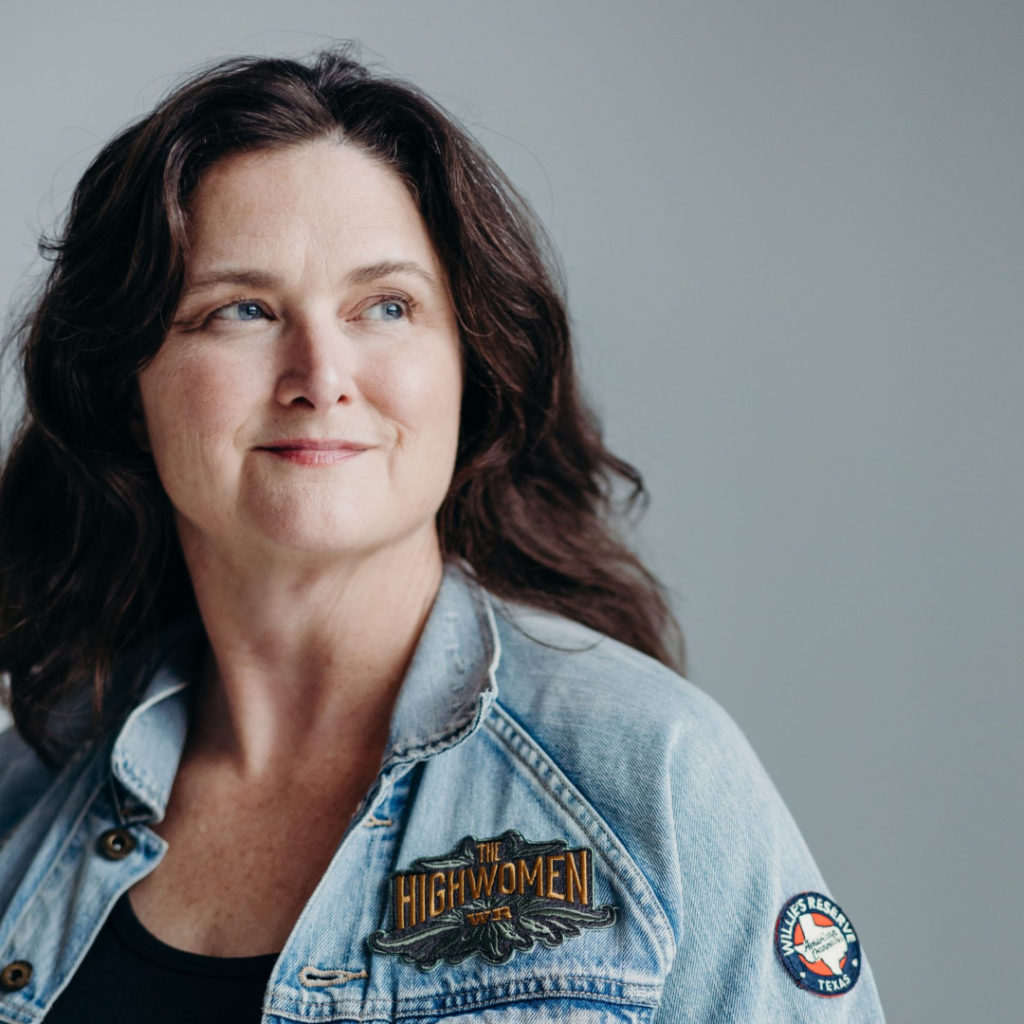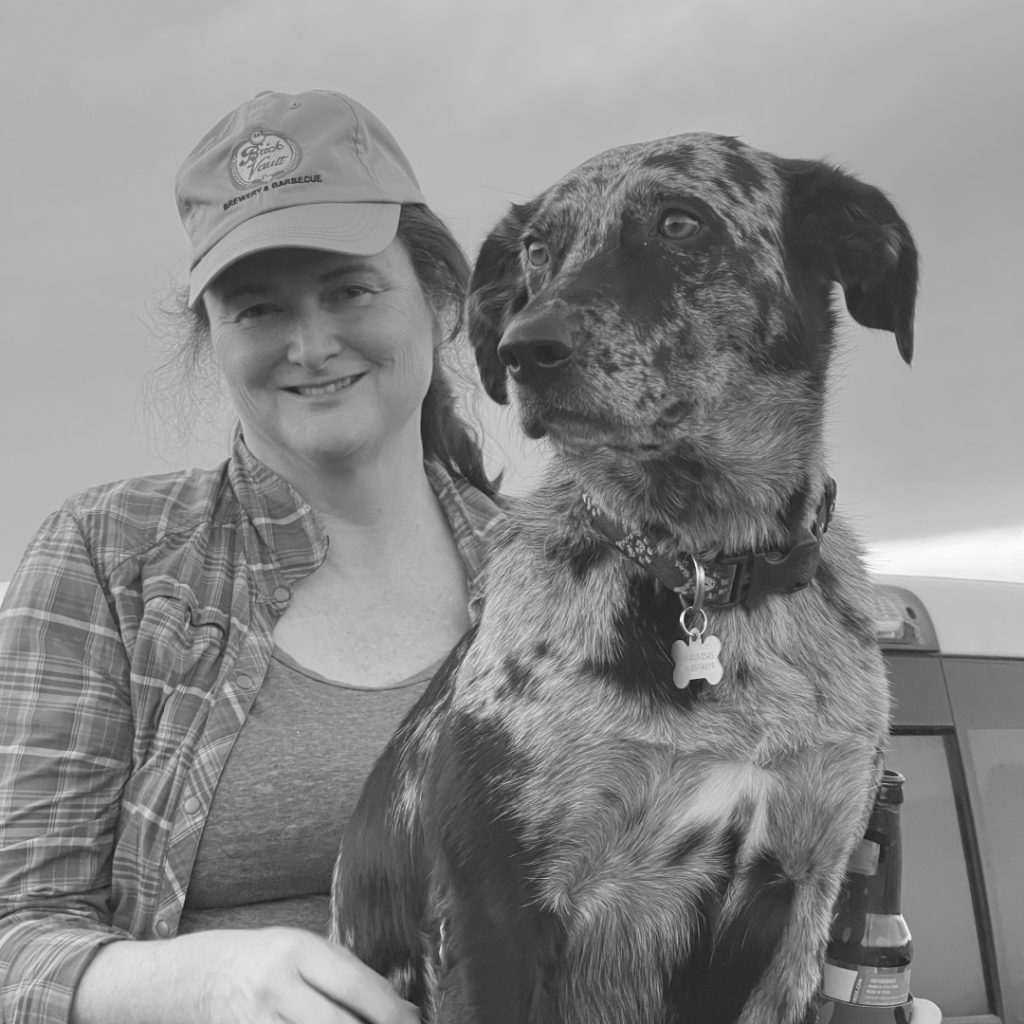
Susan Hays grew up in Brownwood and is a 1986 graduate of Brownwood High School. Hays attended the University of Texas where she was part of a student lobby group. Hays went to law school at Georgetown Law in DC. Afterward, Hays worked at the Capital as a legislative aid in the House of Representatives, and a year later went to clerk at the Texas Supreme Court.
In her years as an Attorney, Hays worked for the Dallas corporate law firm Akin Gump for 4 ½ years, worked at a plaintiff’s firm for a year, and finally has been running her own practice since 2005. “At times I will join forces with other law firms to work on massive litigation. I worked on an Eron case, I worked on the BP oil spill cases,” said Hays. “I co-founded an organization called Jane’s Due Process, which provides legal services to pregnant teenagers, which has been greatly interesting and satisfying work.” She has also worked on voting rights issues and election laws. She is board certified in campaign and legislative law in addition to court and civil law.
As a legislative lawyer, Hays prides herself on being well-researched in these political and legal topics that come to play in the legislature. Hays helped write the bill that legalized hemp in Texas.
One of the reasons Hays is running for Texas Ag Commissioner is because she is not in favor of the current Commissioner, Sid Miller. On Hays’ website, she heavily criticizes him and his performance as Ag Commissioner. “One experience I had with [writing the hemp bill], is seeing how much the Republicans in the senate distress and dislike Sid Miller,” said Hays.
Hays believes that there has been a lack of ethical practices in the TDA which is part of the reason why she is running for Ag Commissioner. “[Miller] doesn’t seem engaged in the job, or to actually do the job. But rather cash a paycheck and continuing running his side businesses or rodeoing or whatever and not getting the times paid for to the people of Texas,” said Hays.
Hays wants to be an Ag Commissioner whom the Texas legislature trusts. “The legislature is slowly carving [the Texas Department of Agriculture] apart because of Miller’s antics,” says Hays. “When you cannot get the funding and the budgeting to do your job, the punishment of Sid Miller ultimately hurts agriculture, and anybody who eats, because the agency has been carved down out of a lack of trust and to punish him.”
A Sunset Advisory Commission, which reviews all of the state of Texas agencies, gave a good review for the Texas Department of Agriculture, but noted that they exempted reviewing the commissioner himself, something Hays says doesn’t happen.
Hays says her priority to create better ethics is to simply get rid of those in the Department of Agriculture who are cashing a check, but not putting in the work. She wants it to have people that are there to work. “Then supporting the people who are dedicated civil servants and asking them, what do you need to do your job better and be more effective.”
On the issues, Hays is wanting to close gaps in rural hospitals and healthcare, rural economic development, food insecurity, agricultural practices, and legalizing cannabis in the state.
On rural hospitals, Hays said most rural hospitals do not have the capacity needed to take care of several counties, and when you need a trauma care hospital, you need to go to a bigger city, which for some could be several hours away. Texas has also had two dozen rural hospitals close in the last several years. Covid funding slowed that down, but now the funding is going down.
Hays believes the problem is that there are not enough insured people, and that means the hospitals are “eating the tab” according to Hays’ website. “By expanding Medicaid, you increase the pool of insured people, particularly the rural areas. And that’s money we’ve already paid in our federal tax dollars,” said Hays. “From a fiscally conservative view, it’s really, really dumb to not expand Medicaid. That’s almost all federal money coming back.”
Furthermore, Hays says that we need to find the gaps in emergency care and emergency medical services, and where facilities are at risk of closure. You then look for the biggest bang for the taxpayer dollars to fill those gaps. Another solution Hays gives is simply more doctors and nurses in rural Texas. “The best way to get there is to encourage kids from rural Texas to go into the healthcare professions. That can be from scholarship programs and it’s also training programs. If you are not from rural Texas but you train there, you may want to stay, and those have shown to be effective.” What the TDA can do to help that, is draw down federal grant money.
The Ag Commissioner can help rural economic development in several ways. “It’s identifying what I call choke points,” says Hays. “What has been killing rural Texas for three or four decades is that…what products we make or produce, whether that be oil and gas or crops, get shipped off, processed at a plant owned by corporate interest, and the profits go to Wall Street. So, we lose the middle-class jobs, we lose the opportunities for young people growing up there to stay.”
One way to fix this, according to Hays, is filling the gaps in the supply chain, moving processing plants of livestock, crops, cotton, and the like, more locally, rather than some huge corporate industry. “There’s a billion dollars in federal money available to help startup plants, and help small plants expand to try to break up that monopoly from economic forces,” said Hays. “If they’re locally owned, that keeps the profits in rural Texas.” Hays explained that rural broadband also encourages high-income and tech workers to move to rural Texas who work from home.

On school nutrition, Hays discussed mapping out the food deserts, whether rural or urban, and creating that access to good and healthy food. “I would very much long term like to see a gardener at every school. We don’t teach kids enough about agriculture and where their food comes from.”
On sustainable agriculture, Hays wants to promote good land management practices and the eradication of invasive plants like mesquite and cedar.” And encourage ranchers not to let overgrazing happen. “This office is there to lead and show examples. It’s not there to force people to do something but show the better models,” said Hays.
Hays is also a fan of implementing carbon capture which is a way for landowners and farmers to get paid for planting things that put carbon back into the earth.
Finally, we talked about a pushing topic coming in Texas, one that Hays fully supports.
Hays says that the legalization of cannabis is inevitable nationally because other states have moved in a trend of legalizing it for medical purposes and put in full medical programs. Hays has been studying these different states’ policies, and what policies work and do not work.
“What I would like to see us do in next session is pass a full medical program,” said Hays. “Right now, there’s only two licensed providers, so they have a near monopoly, and they’re expensive. You don’t have free market competition. We also need to license more providers. If your doctor thinks it’s a good idea to try cannabis you should be able to try cannabis. Instead, the government picks and chooses what conditions qualify. Legislatures are not doctors, and they need to stop acting like it.”
Hays did note that the state should not just decriminalize cannabis immediately and it needs to be regulated for consumer safety purposes. “With legalization I do think we need to do it carefully, pace it out, not rush into it, but do need to get moving. The other thing that’s happened in Texas, particularly the urban areas, the taxpayers have had it paying for people to be incarcerated for marijuana possession. Law enforcement has figured out they have bigger fish to fry and they’re wasting a lot of resources on busting people for marijuana when they should be focused on violent crimes.”
The plant also needs to have regulations by the state to protect consumers from getting their cannabis from the black market. “The problem with the black market is you do not know what pesticides or dangerous things are in it,” said Hays. “Any cannabis needs to be tested and labeled.”
“You can’t just decriminalize, because you’ve got to have a regulated market,” said Hays. Otherwise, the black market grows in power. “It’s the government’s job to make sure the products are safe for human consumption.”
For more on Susan Hays, visit her website: https://www.hays4ag.com/